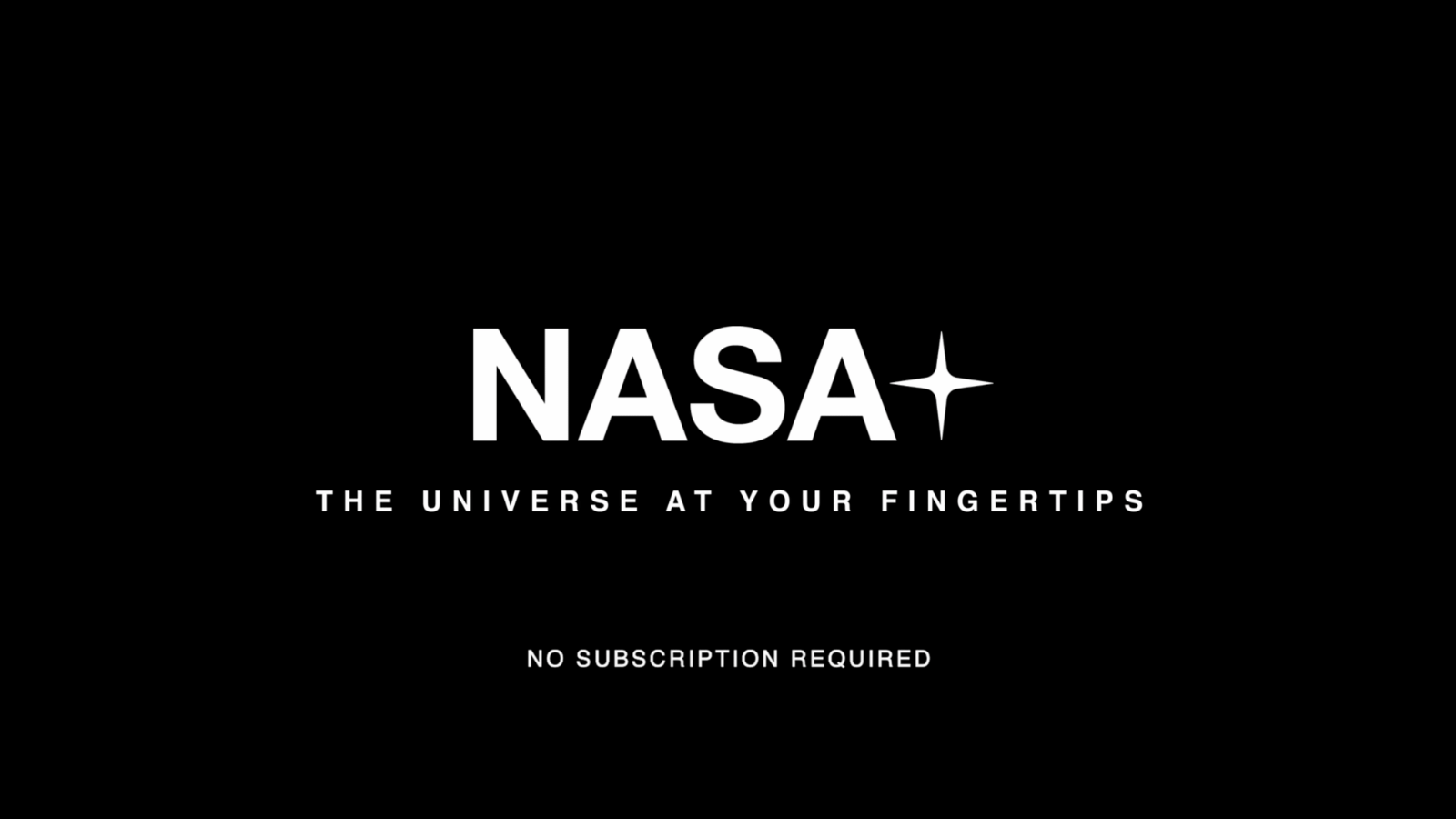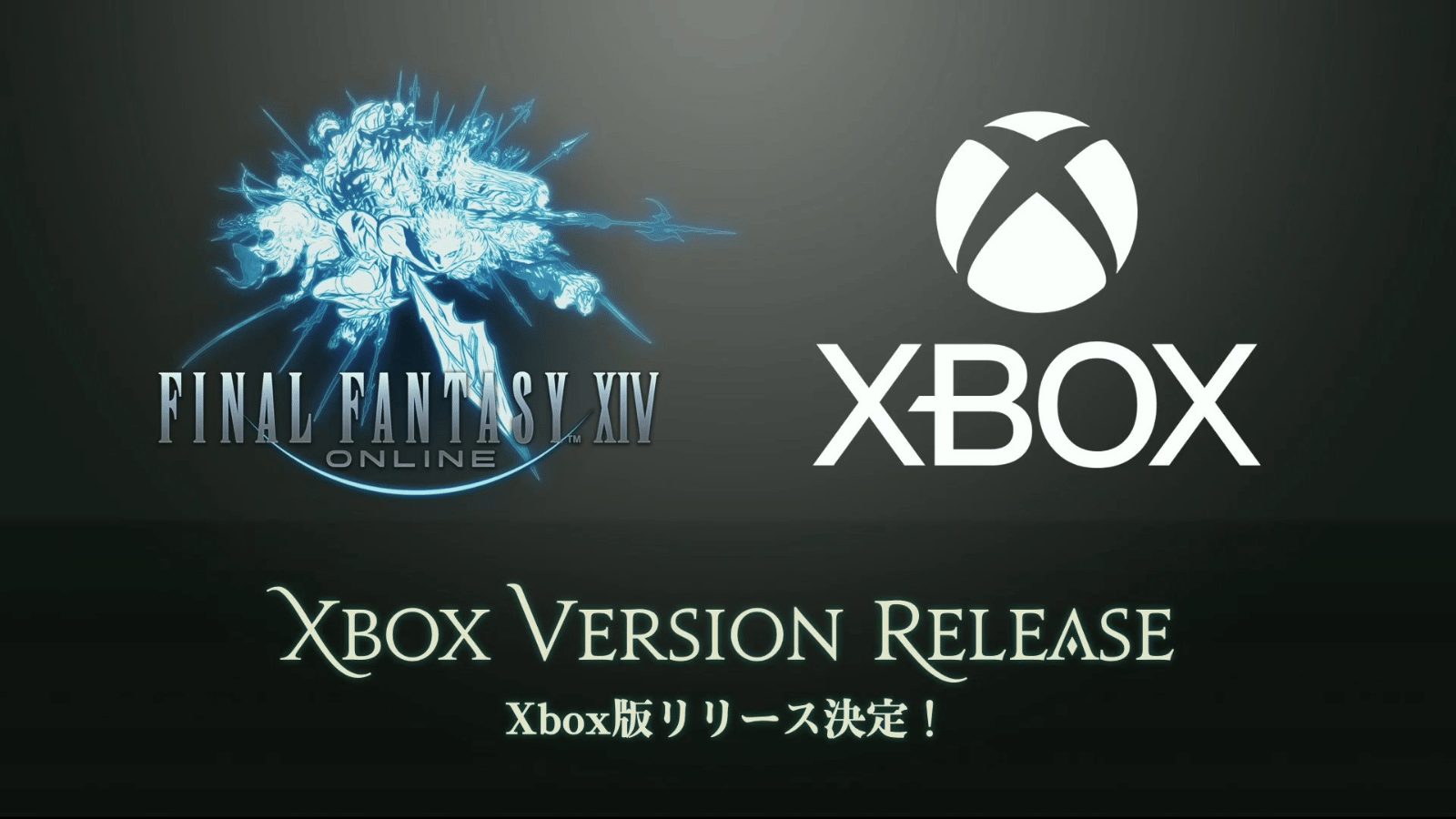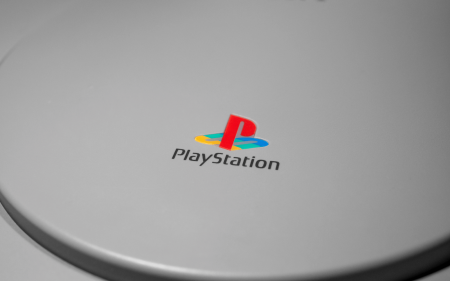DStv Stream: at least it’s not a +

If you’ve gone your whole life without ever having to use DStv’s mobile apps (or DStv for that matter), consider yourself lucky. The Multichoice-owned broadcaster’s mobile offerings were always… okay, and that’s it. Fortunately, all that might be changing soon. DStv has announced a major revamp for its mobile app offerings, including a name change from “DStv” to “DStv Stream”.
Emails were reportedly sent out to customers on Friday informing customers of the change, with MultiChoice CEO Calvo Mawela noting that the change-up would occur from tomorrow, 1 August. Mawela also promised a “smoother, simpler” experience, and promising that none of the current features like CatchUp, Box Office and live TV will be going away.
“We’ve built on the things you liked, and we’ve added so much more for you to love,” he said.
Those new and improved features include more personalised content discovery, profiles for each family member, the ability to change soundtracks to your local language (when possible) and new league and tournament pages that’ll make following sports a little simpler.
“And this is just the beginning. We have so many exciting new features and experiences planned to enhance your enjoyment,” Mawela continued. Whatever those are, we’re just hoping they arrive before DStv decides it’s time for yet another name change in two years.
NASA gets a plus

In this age of streaming, everything and everyone is trying to capitalize on the market. Usually that involves moving all their content onto a crappy app and chucking a + onto the end for good measure. Now, NASA is jumping on the bandwagon. Say hello to NASA+, an amalgamation of the agency’s live and past broadcasts including a collection of “original video series, including a handful of new series launching with the streaming service.”
The only reason we’re not making fun of NASA’s plus? The service is free. Like, actually free. Not the sort of free that makes users pay with their eyeballs. NASA has said the platform will be available to iOS and Android smartphones, desktop browsers, and most streaming media players like Apple TV. You’ll be able to access NASA+ through the agency’s regular NASA app.
“We’re putting space on demand and at your fingertips with NASA’s new streaming platform,” said Marc Etkind, associate administrator, Office of Communications, NASA Headquarters. “Transforming our digital presence will help us better tell the stories of how NASA explores the unknown in air and space, inspires through discovery, and innovates for the benefit of humanity.”
Final(ly) Fantasy on Xbox

It looks as though Microsoft and Square Enix have finally settled their decade-long beef, following the announcement that Final Fantasy XIV is coming to the current generation of Xbox. The 2013 online MMORPG – which has since received two remakes for the PS4 and PS5 – is officially hitting the Xbox Series S/X in Spring 2024 (or Autumn for us folks in the South).
Just like the PS5 version that’s currently available, Square Enix is giving Xbox players the same treatment in the form of enhanced 4K visuals (on the Series X) and significantly faster loading times. Whether there’ll be any Xbox-exclusive features, we’re not so sure.
Whether the new friendship between the two companies will lead to a more Xbox-leaning release schedule remains to be seen. We’re guessing timed exclusives – like we saw with the recent release of Final Fantasy 16 – will be less prevalent and pave the way for more cross-gen releases that favour no console.
Call of Duty has a malware problem

According to a report by TechCrunch, hackers have invaded Call of Duty: Modern Warfare 2 (2009) and are infecting players with a self-spreading worm that is plaguing the game’s online lobbies. Suffice it to say, Activision has taken the game’s multiplayer servers offline to conduct a thorough investigation.
It’s worth noting that the problem is only affecting Steam players, with the first instance of the worm being reported in June of this year through a Steam forum. The poster said that the hackers “attack using hacked lobbies,” with an analysis finding that the worm can be found on VirusTotal, the online malware repository.
It’s not clear why the hackers chose 2009’s Modern Warfare 2, or why they’re infecting players with malware at all. It’s possible that the recent resurgence of older Call of Duty games spelled an opportunity to infect a larger hroup of players, or that the game’s age made it easier to deploy a bug and cause chaos.
Whatever the reason, it’s worth running an antivirus scan on your PC immediately if you played the game at any point throughout June or July. You’ll thank us later. If you still have access to your PC, that is.




